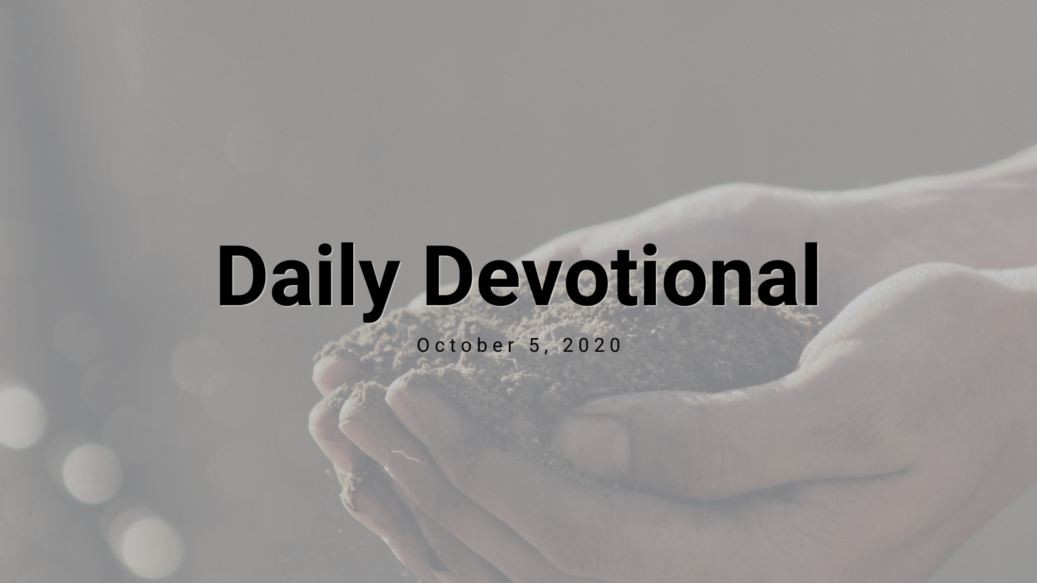Theme of the Week: You and Creation
Bible Verse: “Yet you have made him a little lower than the heavenly beings and crowned him with glory and honor.” Psalm 8:5
Scripture Reading: Psalm 8:1-9
In modern times the word image may connote nearly the opposite of its original meaning.
Today, a politician hires an image-maker, a job applicant dresses to present an image of confidence and success, a corporation seeks just the right image in the marketplace.
I wish to return to the word’s original meaning: a true likeness, not a deceptive illusion. Think of a ten-pound bundle of protoplasm squirming fitfully in a blanket. The baby’s father weighs twenty times as much, with his body parts in different proportions. Yet the mother announces proudly that the baby is the spitting image of his father. A visitor peers closely. Yes, a resemblance does exist, evident now in a dimple, slightly flared nostrils, a peculiar earlobe.
Before long, mannerisms of speech and posture and a thousand other mimetic traits will bring the father unmistakably to mind. Such usages of image shed light on a mysterious phrase from the Bible: the image of God. That phrase appears in the very first chapter of Genesis, and its author seems to stutter with excitement, twice repeating an expression from the preceding verse: So God created human beings in his own image. In the image of God he created them; male and female he created them. (Genesis 1:27 NLT)
The very first humans received the image of God, and in some refracted way, each one of us possesses this sacred quality. After each stage of creation, God pronounced it “good.” Still, something was lacking until God decided, Let us make human beings in our image, to be like us (Genesis 1:26 NLT).
Among all earthly creatures, only humanity receives the image of God. But how can visible human beings express a likeness to God, who is invisible spirit?
Like a growing child absorbing traits from his parents, like a student learning from his professor, we can take on God’s qualities—compassion, mercy, love, gentleness—and express them to a needy, broken world. As spirit, God remains invisible, relying on us to make that spirit visible.
It is a supreme mystery that God has chosen to convey likeness through millions of ordinary people like us. We bear that image collectively, as a Body, because any one of us taken individually would present an incomplete image, one partly false and always distorted, like a single glass chip hacked from a mirror.
Yet in all our diversity, we can come together as a community to bear something of God’s image in the world.
Taken from Fearfully and Wonderfully by Dr. Paul Brand and Philip Yancey, InterVarsity Press, Copyright ©2019 by Philip Yancey and the Children of Paul and Margaret Brand. Used by permission.
Copyright © 2020 Impactus | Promise Keepers Canada. All rights reserved.
About


